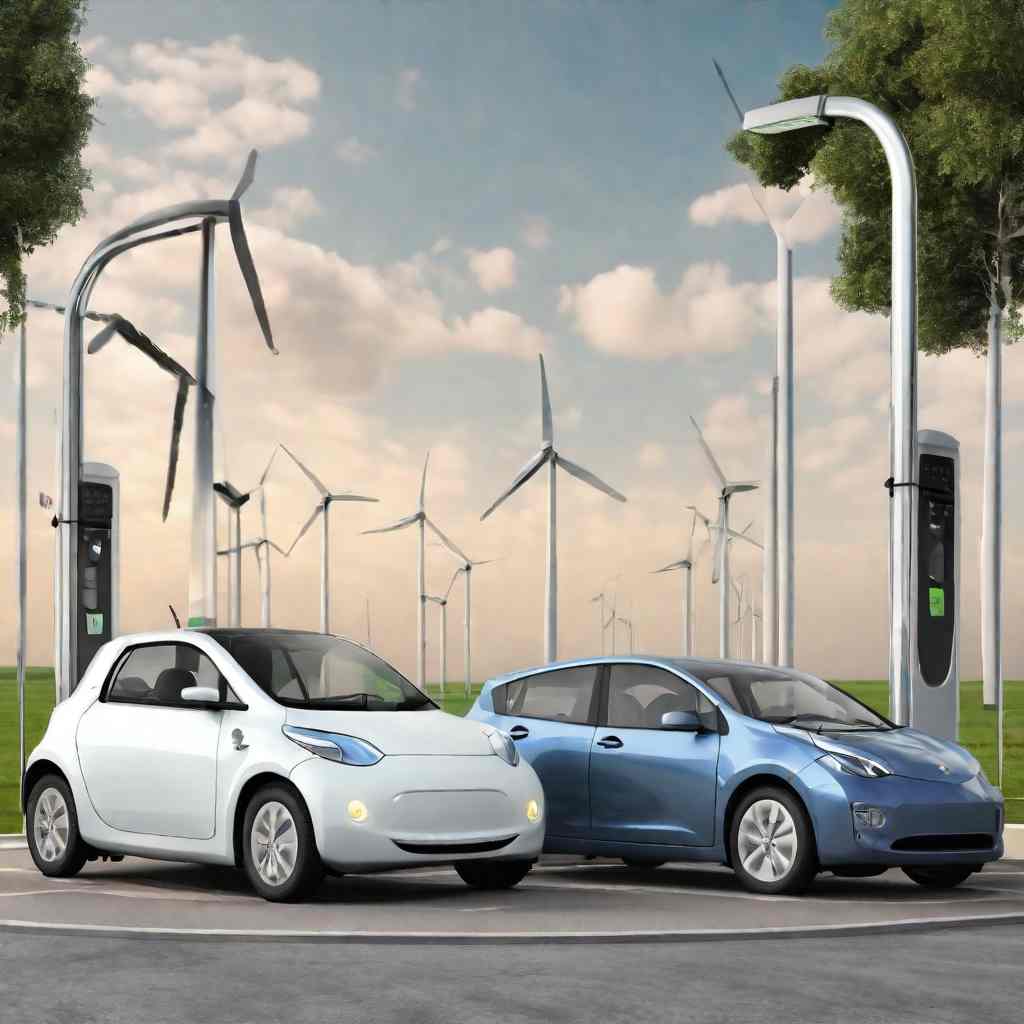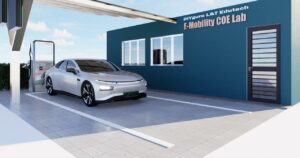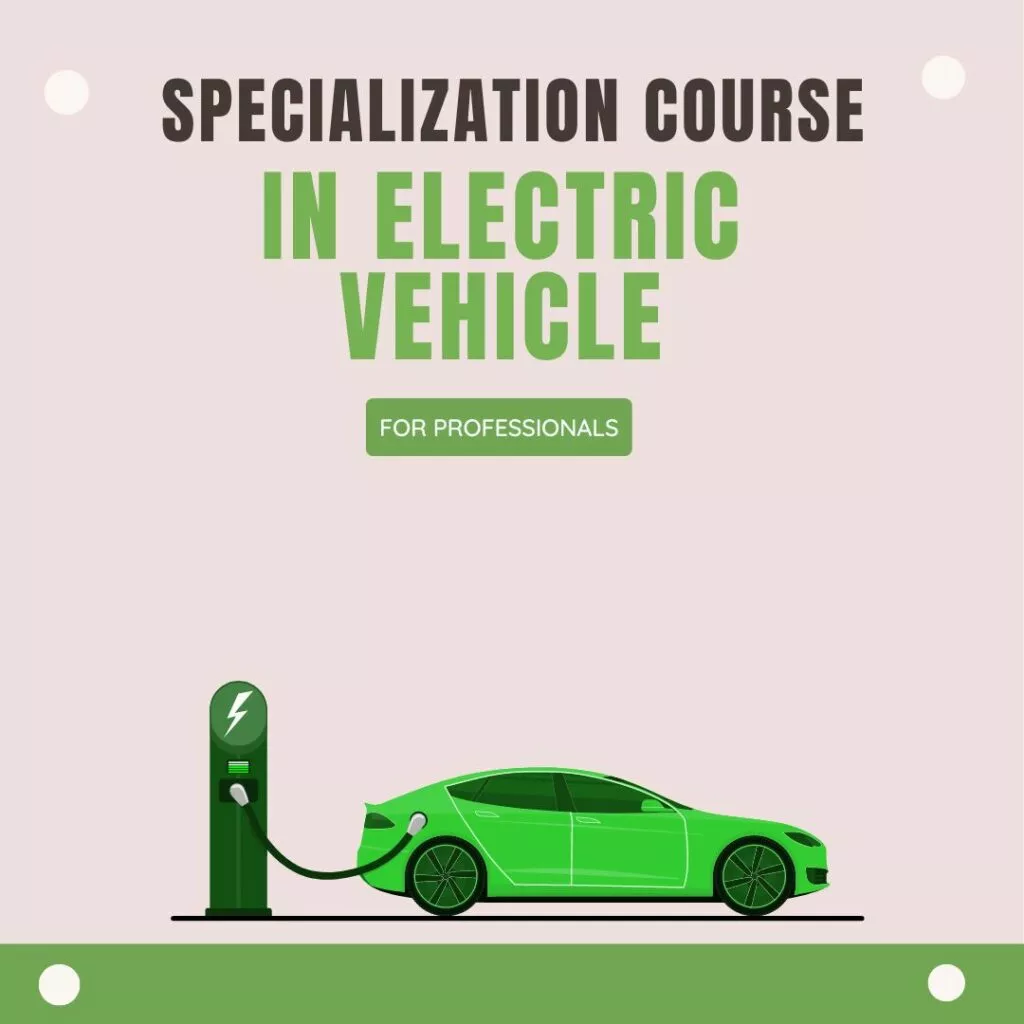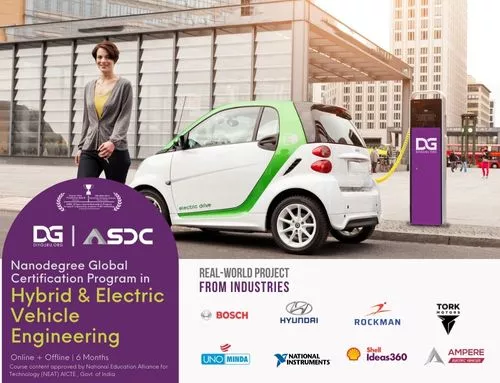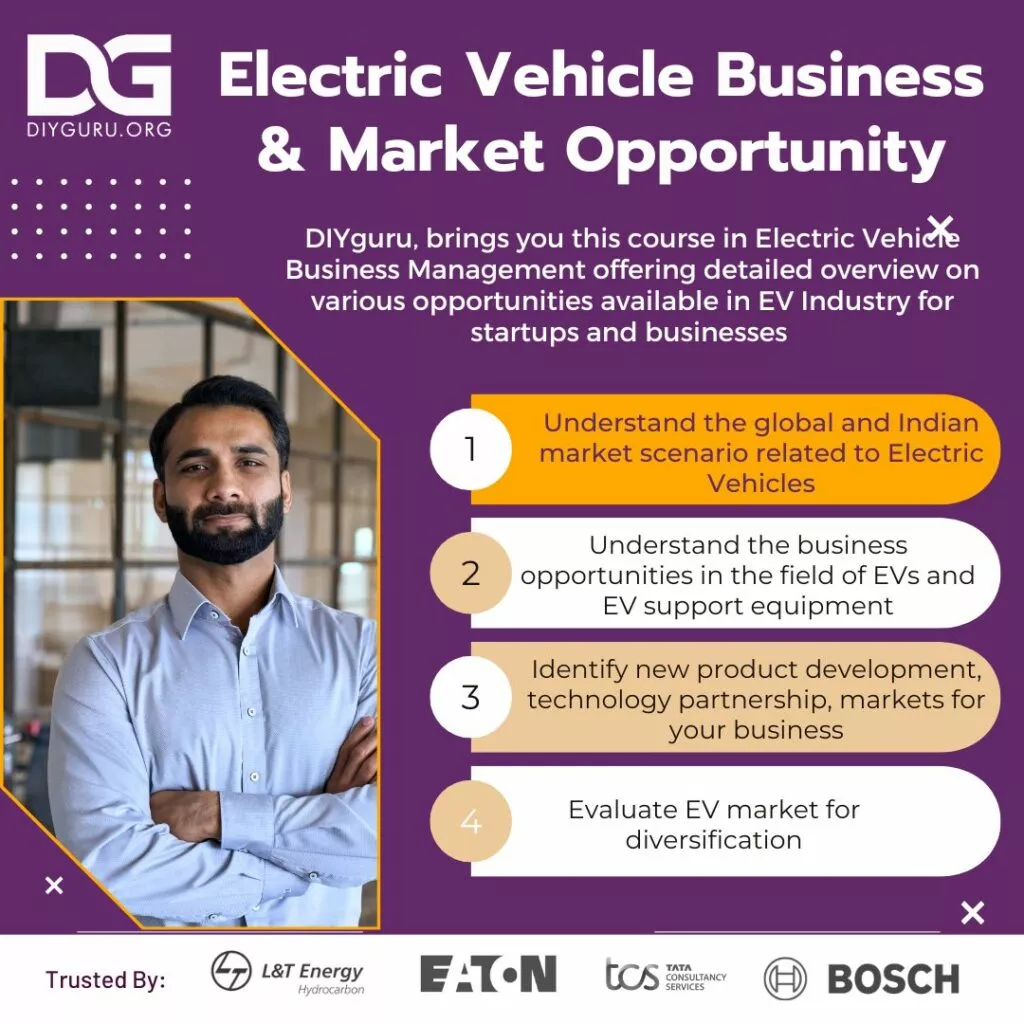Gas vs. Electric Vehicle: Which is Cheaper to Own?
The age-old debate: gas-powered vehicles versus electric vehicles (EVs). While many factors influence the decision, cost of ownership often reigns supreme. But determining which option truly saves you money can be tricky. Let’s delve into the key considerations and navigate the financial landscape of gas and electric vehicles.
Upfront Costs: Electric Vehicles Take the Lead (with a Caveat)
Electric vehicles generally boast higher initial purchase prices compared to their gas-powered counterparts. The Tesla Model 3, for instance, starts at around $46,990, while a gasoline-powered Honda Civic LX has a base price of $26,590. However, government incentives can significantly bridge this gap. The US federal tax credit offers up to $7,500 for purchasing a new EV, effectively lowering the starting price. Additionally, some states offer their own incentives, further sweetening the deal for EV buyers.
Fuel vs. Electricity: A Clear Advantage for EVs
This is where electric vehicles truly shine. The cost per mile for electricity is significantly lower than gasoline. In the US, the average cost of electricity to power an EV is around 6 cents per mile, while gasoline costs roughly 13 cents per mile. This translates to substantial savings over time, especially for high-mileage drivers. Consider someone driving 15,000 miles annually. With an EV, they’d spend around $900 on electricity, while a gas-powered car would cost roughly $1,950. That’s a yearly saving of $1,050!
Maintenance: Less is More with EVs
Electric vehicles have fewer moving parts compared to gasoline cars, translating to lower maintenance costs. EVs typically require no oil changes, spark plug replacements, or complex engine repairs. While they still need regular maintenance like tire rotations and brake checks, the overall cost is generally lower than servicing a gas-powered car.
Depreciation: A Complex Comparison
Electric vehicles currently experience steeper depreciation than gas-powered cars. This is partly due to the newer technology and the evolving EV market. However, depreciation rates are expected to stabilize as EV technology matures and adoption increases. Additionally, some argue that the lower fuel and maintenance costs of EVs offset the higher depreciation in the long run.
Other Cost Factors to Consider
Home Charging: Installing a home charging station can be an additional expense, but it often leads to cheaper and more convenient charging compared to public stations.
Insurance: Insurance costs for EVs can vary depending on the model and your driving record. Generally, they are comparable to or slightly higher than gas-powered cars.
Public Charging: While home charging is ideal, public charging stations can be a lifesaver on long trips. The cost of public charging varies depending on the provider and location, but it can be more expensive than home charging.
The Verdict: It Depends
Determining which option is ultimately cheaper depends on your individual circumstances and driving habits. Consider these factors:
- Annual mileage: If you drive a lot, the fuel savings of an EV will likely outweigh the higher upfront cost.
- Driving patterns: If you primarily drive short distances and can charge at home, an EV is a good choice.
- Budget: If upfront cost is a major concern, a gas-powered car might be more suitable.
- Environmental impact: If reducing your carbon footprint is important, an EV is the clear winner.
Remember, the landscape of electric vehicles is rapidly evolving. As technology advances and costs decrease, EVs are poised to become even more cost-effective and mainstream. So, stay informed, weigh your options carefully, and choose the path that best suits your needs and budget.
Conclusion:
Both gas-powered and electric vehicles have their own set of cost considerations. While EVs generally offer lower fuel and maintenance costs, their higher upfront price and depreciation need to be factored in. Ultimately, the best choice for you depends on your individual driving habits, budget, and environmental priorities.


